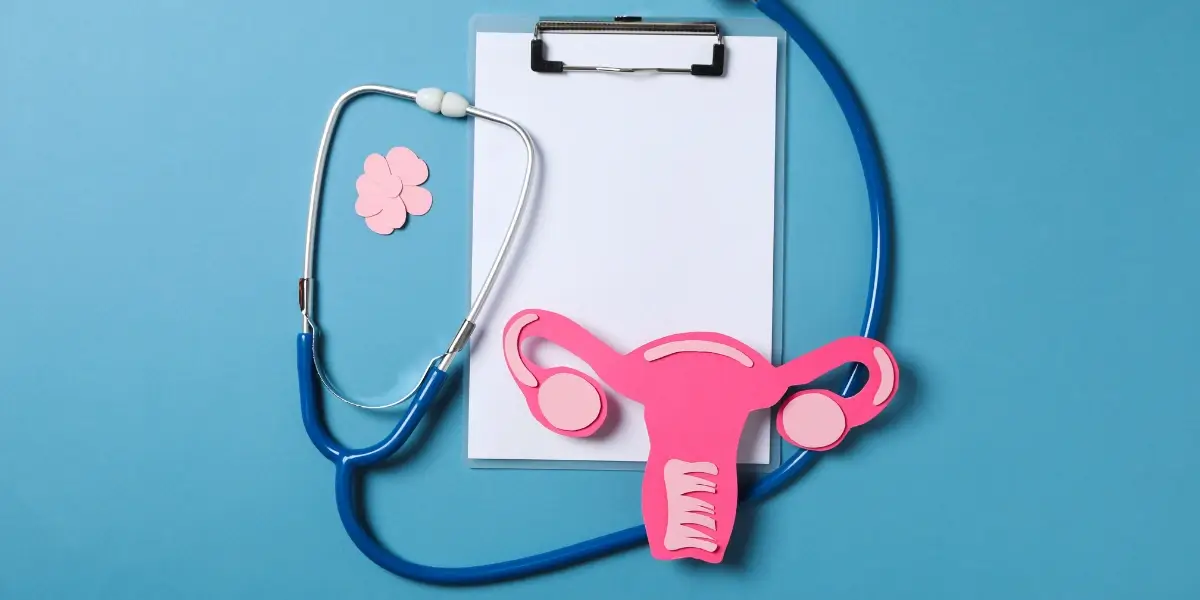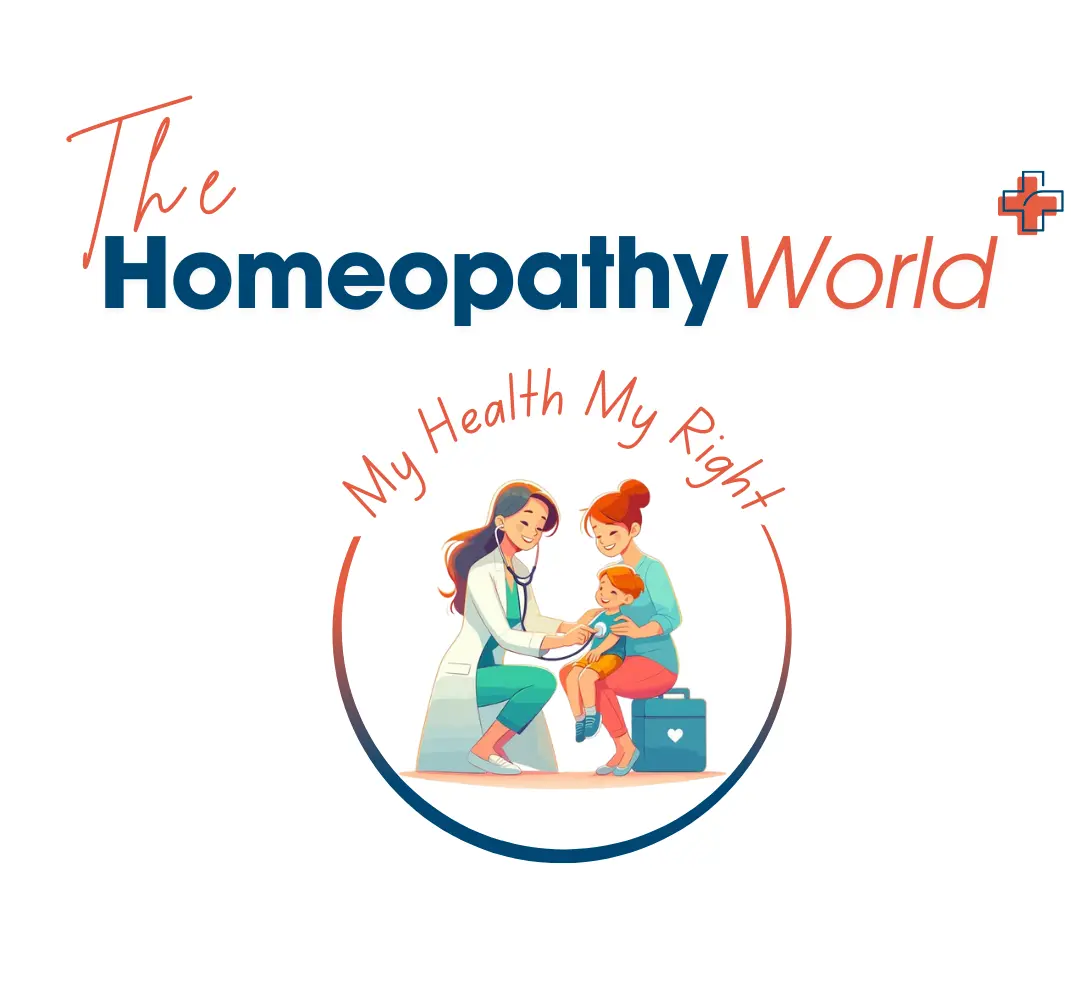
Common Gynecological Disorders: Symptoms, Causes, and Treatments
Common Gynecological Disorders: Symptoms, Causes, and Treatments
Women’s health plays a vital role in overall well-being. Many gynecological disorders can affect reproductive health, but early detection and treatment can help manage these conditions effectively. This guide explains common gynecological disorders in simple terms, their symptoms, causes, risk factors, and treatment options, including homeopathic remedies.
Types of Gynecological Disorders
Menstrual Disorders (Irregular periods, heavy bleeding, severe cramps)
Polycystic Ovary Syndrome (PCOS) (Hormonal imbalance affecting ovulation)
Endometriosis (Growth of uterine-like tissue outside the uterus)
Uterine Fibroids (Non-cancerous growths in the uterus)
Pelvic Inflammatory Disease (PID) (Bacterial infection affecting reproductive organs)
Urinary Incontinence (Loss of bladder control)
Sexually Transmitted Infections (STIs) (Infections affecting reproductive health)
Common Causes of Gynecological Disorders
1. Hormonal Imbalances
2. Genetic Factors
3. Infections
STIs such as chlamydia, gonorrhea, and syphilis, along with bacterial infections, can lead to pelvic inflammatory disease (PID), causing infertility or ectopic pregnancy. HPV and herpes increase the risk of cervical cancer. Safe sex, hygiene, and vaccinations help prevent infections.
4. Lifestyle Factors
5. Immune System Issues
5. Medications and Medical Conditions
what are the symptoms of gynecological diseases
- Irregular or painful periods
- Heavy menstrual bleeding or spotting
- Severe pelvic or abdominal pain
- Unusual vaginal discharge with odor
- Frequent urination or bladder control issues
- Pain during intercourse
- Unexplained weight gain or excessive hair growth (PCOS)
- Chronic fatigue or weakness
- Difficulty conceiving
Risk Factors
- Being overweight or underweight
- High levels of stress
- Smoking and alcohol consumption
- Poor hygiene and unsafe sexual practices
- Sedentary lifestyle
- Family history of reproductive health disorders
Menstrual Disorders
Polycystic Ovary Syndrome (PCOS)
Endometriosis
Uterine Fibroids
Pelvic Inflammatory Disease (PID)
Urinary Incontinence
Sexually Transmitted Infections (STIs)
STIs can cause serious reproductive health problems if untreated. Common STIs include chlamydia, gonorrhea, syphilis, herpes, and HPV. Symptoms vary but may include unusual discharge, genital sores, itching, burning sensation during urination, and pelvic pain. Regular STI screenings, vaccinations for HPV, and practicing safe sex can help prevent infections. Bacterial STIs are treated with antibiotics, while viral infections require lifelong management with antiviral medications.
Homeopathic Treatments for Gynecological Disorders
Sepia – Helps with menstrual irregularities, PMS, and hormonal imbalances.
Pulsatilla – Used for PCOS, delayed periods, and mood swings.
Calcarea Carbonica – Beneficial for heavy bleeding and fibroids.
Lachesis – Helps with menopause symptoms and ovarian cysts.
Belladonna – Useful for sudden, sharp pelvic pain.
Apis Mellifica – Reduces inflammation and swelling in the reproductive system.
Thuja Occidentalis – Treats warts caused by HPV and helps with fibroids.
Preventing Gynecological Disorders
1. Regular Check-ups
2. Healthy Lifestyle
3. Safe Sexual Practices
4. Proper Hygiene
5. Vaccinations
6. Hydration and Diet
Conclusion
Understanding common gynecological disorders can help women take better care of their health. Recognizing symptoms early and seeking medical advice can prevent complications such as infertility, chronic pain, or severe infections. Women should prioritize regular check-ups, maintain a healthy lifestyle, and take preventive measures to ensure their reproductive health remains in optimal condition. If you notice persistent symptoms, consult a gynecologist for expert guidance and appropriate gynecologist treatment options.
Published
February 20, 2025
Follow Us

The Homeopathy World
Natural Healing Insights
Discover holistic solutions for a healthier you
FAQs
